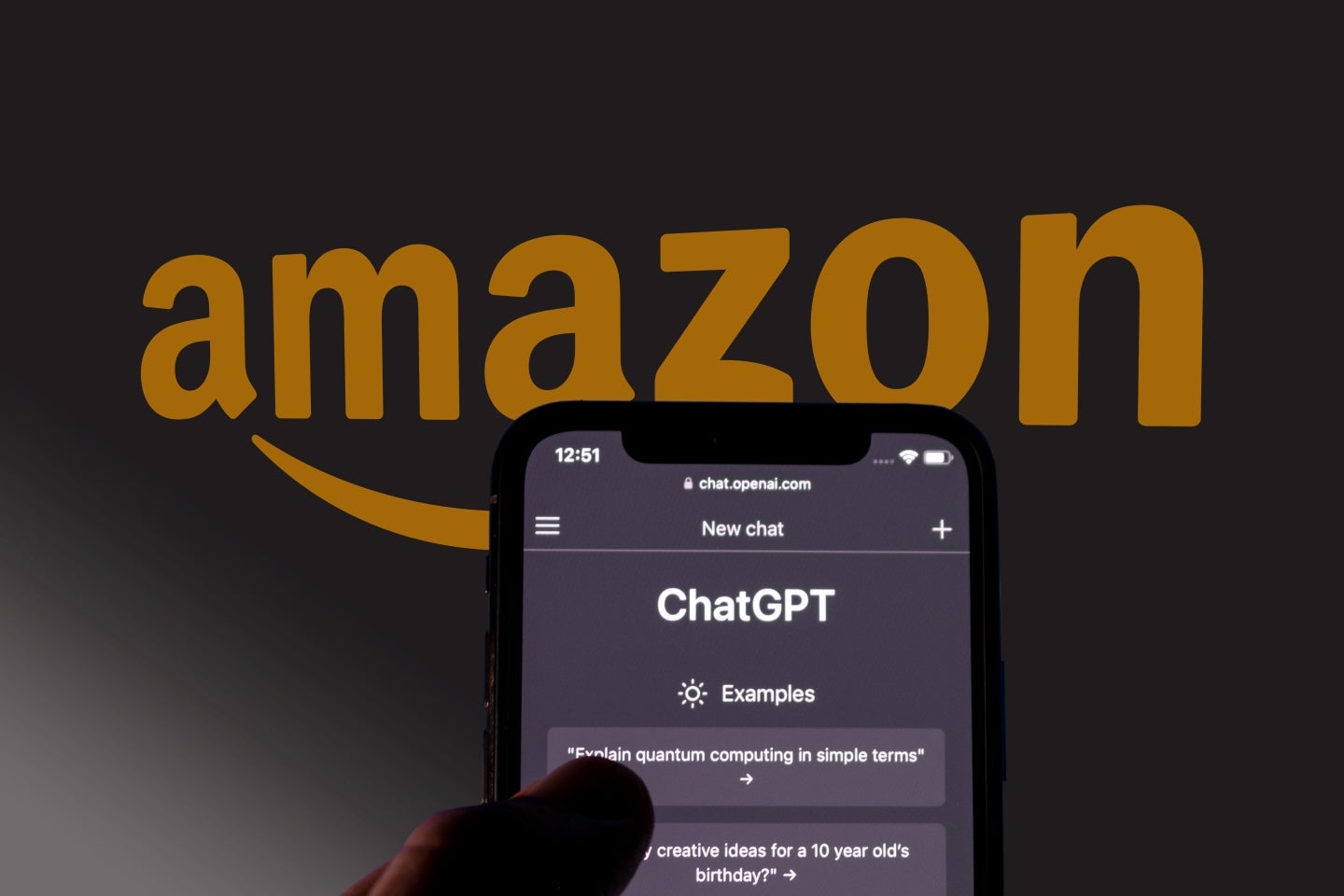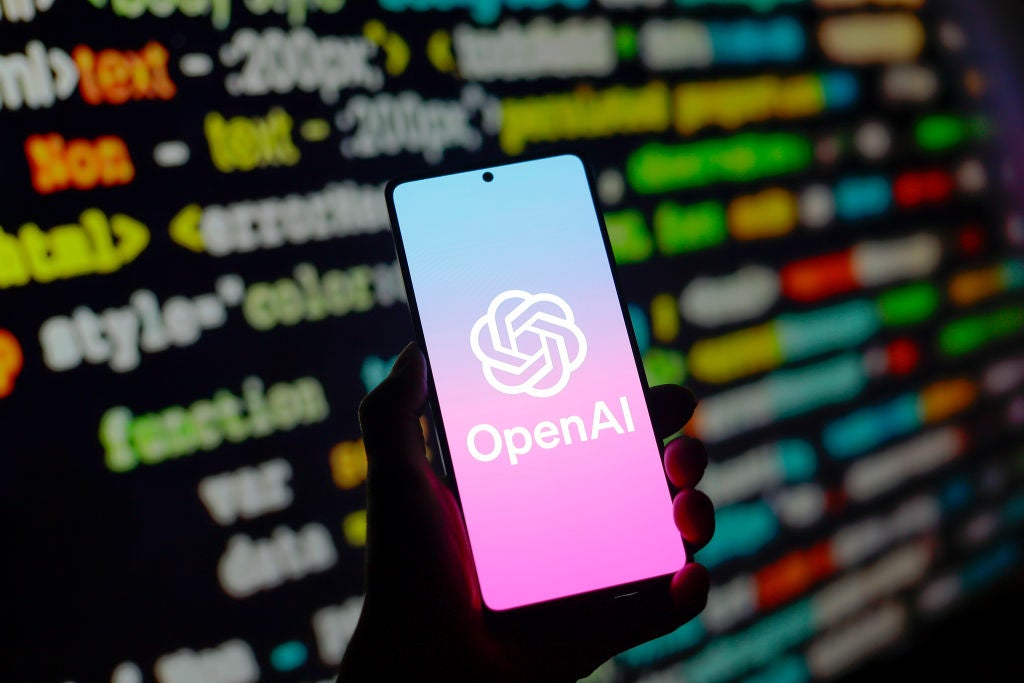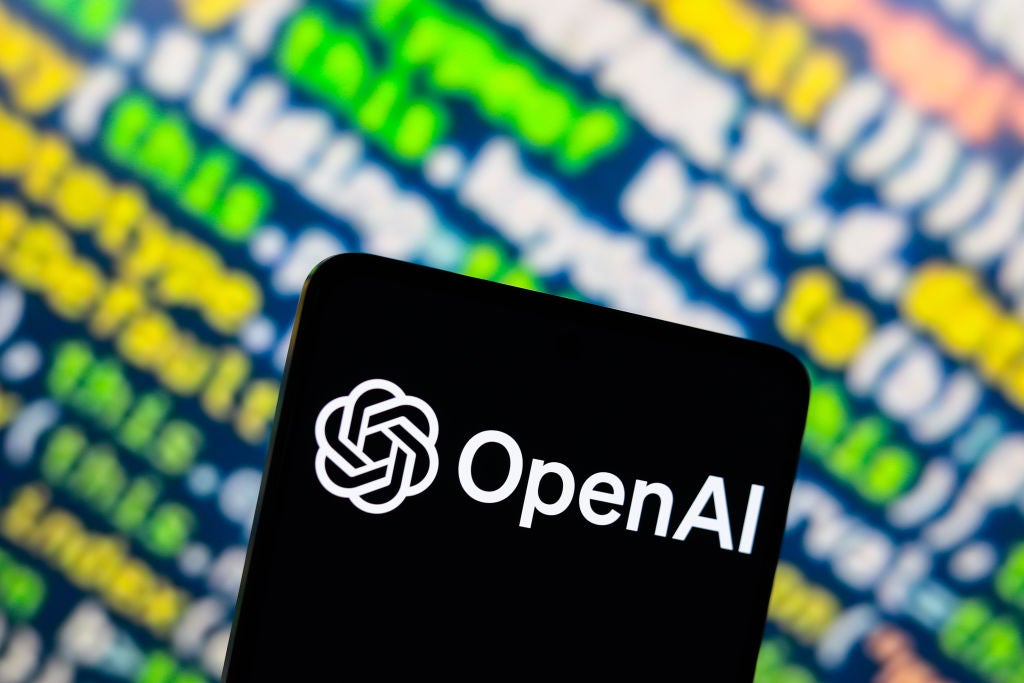
Amazon is training a new AI chatbot named Olympus, two sources familiar with the company have revealed to Reuters today (11 November).
With ambitions for its chatbot to rival OpenAI’s ChatGPT, Reuters reported that Amazon’s Olympus chatbot would be trained on 2 trillion parameters of data, compared to the 1 trillion parameters that GPT-4 was trained on.
The news also coincides with Elon Musk’s recent announcement that his chatbot Grok, trained on data from X (formerly Twitter), will be available to premium X subscribers.
Beatriz Valle, senior analyst at GlobalData, explained the market value of large language models (LLMs) to businesses like Amazon in an analyst blog posted on 28 August.
“LLMs are expensive to produce and run – it is rumoured that OpenAI paid at least $100m to create GPT-4… so far, it has mainly been cloud computing providers and processor companies manufacturing hardware chips the ones making healthy profits from the GenAI trend,” Valle writes.
However, despite the size of Amazon’s Olympus LLM, Valle references Sam Altman’s views on the future of LLM advancement.
How well do you really know your competitors?
Access the most comprehensive Company Profiles on the market, powered by GlobalData. Save hours of research. Gain competitive edge.

Thank you!
Your download email will arrive shortly
Not ready to buy yet? Download a free sample
We are confident about the unique quality of our Company Profiles. However, we want you to make the most beneficial decision for your business, so we offer a free sample that you can download by submitting the below form
By GlobalDataProgress on the technology will not rely on scale, in his opinion, but on smaller and more specialised LLMs that are tailored to businesses’ specific needs.
“Smaller, custom LLMs trained with proprietary datasets also circumvent governance issues such as copyright infringement,” Valle states, “In vertical industries where data usage is particularly sensitive, such as healthcare, finance, or law, this makes more sense.”
Alongside its cloud service, Amazon already has a huge presence in ecommerce and streaming including swathes of consumer data available to its AI for training. If GlobalData forecasts are correct, the total global market for AI will be worth over $900bn by 2030 with the technology affecting businesses across every sector.
A company like Amazon, which covers cloud, healthcare, and ecommerce among other industries, has a lot to gain from AI technology.
Dr Marc Warner, CEO of AI consultancy business Faculty, stated that generative AI was “one of the biggest technological advancements of our era” and subsequently a goldmine for businesses.
Businesses using AI chatbots can now spend more time focusing on strategy and other work whilst maintaining customer satisfaction, says Warner. However, this technology is not without risk he warns.
Investing in “safe, connected and human-first systems” that can test and prevent biased or harmful information should be a priority for businesses looking at AI, according to Warner.
“Such investments can enable businesses to utilise AI tools that complement business activity and goals without sacrificing data privacy or opening up your business to other dangers,” Warner said.






